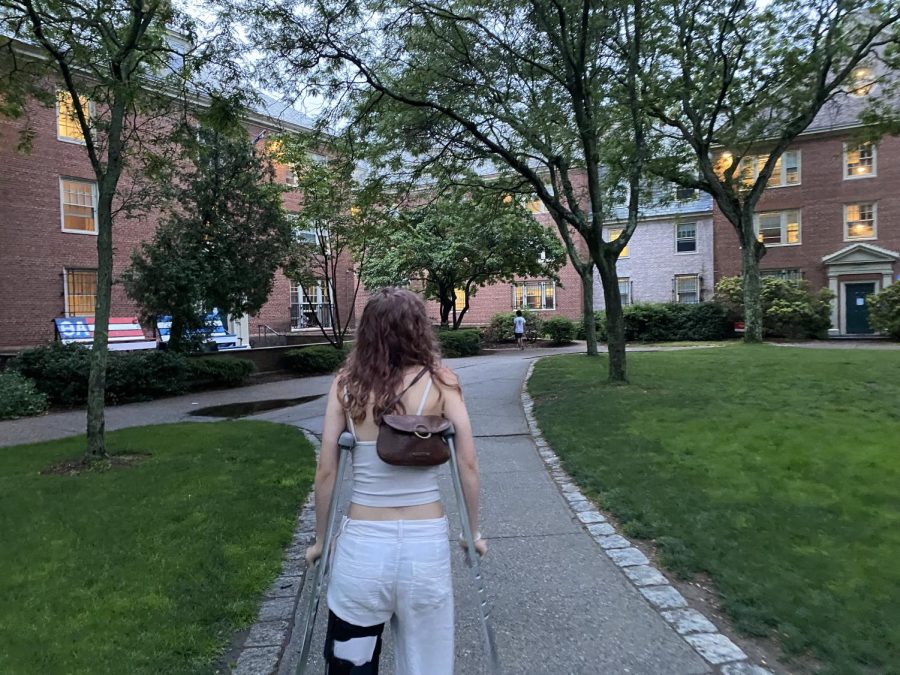How to Cope with Your Anxiety
December 9, 2019
Students in school must focus on balancing their education, friends, and any outside activities almost everyday. While you try to balance all of this, the feeling of anxiety may grow more and more. If you have anxiety, you may experience different symptoms and deal with it differently from those who also have anxiety. For instance, one person may have trouble focusing on class, where another student may have panic attacks. No matter how badly others may suffer with anxiety, there are many ways to reduce it. Anxiety cannot be cured, and you will have to deal with it for the rest of your life. Rather than trying to get rid of your anxiety, try to learn how to cope with it and learn how to embrace it. A great way to try to learn how to deal with your anxiety is by talking to someone. Whether that someone is a guardian or a trained therapist, talking about the way you feel could help you.
Most students interviewed said that school stressed them out the most; this includes quizzes, tests, homework, and sports. When most students get anxious, they said they become fidgety, cannot focus, and their stomach “feels off”. These symptoms are the most common reactions of anxiety, and very normal. This is because while you are anxious, your body triggers the “fight or flight” response. One student, named Mary, stated that she sometimes will, “try to sit down and breathe, and sometimes write down a plan of attack,” when she feels anxious. This is a strong strategy to use, and taking a second to breathe can really make a difference. Another student, Allison, replied, “ I usually don’t get over it, it goes away on its own after its over.” Anxiety is very tricky, due to the different levels and different coping mechanisms. If you do not know how to handle your anxiety, this will only create problems for you. You may not get your homework done, you may not study correctly for a quiz, and you could lose lots of sleep. All of these issues can affect your overall physical and mental health.
Ms. Calitri, the school psychologist, has a lot of suggestions on how to deal with anxiety. Coping mechanisms may include meditation, laughing, yoga, and involving yourself with good company. The best coping mechanisms are internal, such as mindfulness or meditation. Ms. Calitri says that when people do not know how to cope, they look for external mechanisms. External coping mechanisms include smoking, drinking, and look for other harmful substances. She believes the main reason teenagers are stressed is because of social media. She stated, “Social media is constantly in your face, with lots of negativity and competition.” She believes that competition not only exists through outfit choices or seeing who goes to what parties, but with college and expectations. Ms. Calitri believes that the majority of teens are constantly anxious about college and expectations; and that many students fear that they are not good enough compared to others. To talk to Ms. Calitri or a guidance counselor, you can email her through the following email address: @[email protected].
If you find yourself anxious for a majority of your day, you can download apps on your phone for meditation. You can also relieve your anxiety by doing something you enjoy. This can include sports, art, baking, or even sleeping. Ms. Calitri is the proud owner of Whitney, the famous therapy dog. Whitney has proved to be very soothing to students and she provides unconditional love. If you ever see Whitney in the halls, feel free to pet her! If you need someone to talk to about your anxiety, tell either your guardian or doctor. They can help by talking to you or even providing you with a therapist. If you do not feel comfortable with informing them, the number for the New England Center For Anxiety is (401) 596-2302.
-30-





